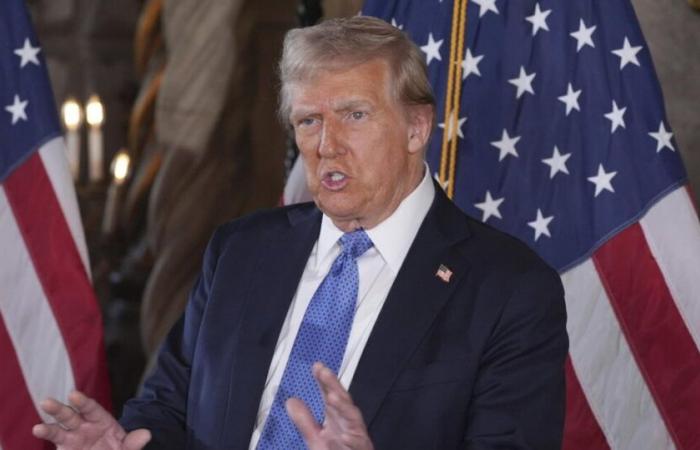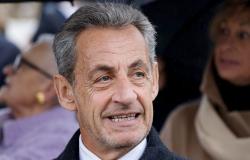The meeting with Chew Shou Zi came in conjunction with the Chinese company’s appeal to the US Supreme Court to temporarily suspend the ban on the app. Meanwhile, the president-elect is working to create a “G2” between himself and Xi Jinping
The day before yesterday, Donald Trump, during his first press conference at Mar-a-Lago as president-elect of the United States, said that Beijing and Washington could collaborate to “solve all the world’s problems”. And perhaps it is no coincidence that a few hours after also saying that “everyone wants to be my friend now”, Trump met with the CEO of TikTok, Chew Shou Zi. He is the last CEO of the tech world to have gone on a pilgrimage to his residence in Florida, after the CEO of Meta Mark Zuckerberg, that of OpeAI Sam Altman and the founder of Amazon Jeff Bezos (yesterday the CEO of the Japanese SoftBank, Masayoshi Son, also announced an investment of one hundred billion dollars over four years in US projects). But Chew Show Zi remains the most important for understanding the political direction of the next Trump Administration.
The meeting with the president-elect took place in conjunction with the company, owned by China’s Bytedance, appealing to the US Supreme Court to temporarily suspend the ban on the app, which will take effect if TikTok fails to find a non-Chinese buyer by January 19, exactly one day before Trump’s official inauguration. The future president had already hinted on other occasions that he could block the ban. And Trump seems increasingly to be seeking appeasement with the People’s Republic of China. He spoke of the leader Xi Jinping as “an extraordinary person”, and according to several observers the tycoon, known for his anti-Chinese hawkish positions, is instead toying with the hypothesis of a so-called “G2”, a platform for dialogue between the two powers which is the dream of the leadership of the Chinese Communist Party. Only yesterday, the EU Commission opened a procedure against TikTok under the Digital Services Act, for its role in interfering with the presidential elections in Romania. The social network owned by Bytedance is increasingly at the center of public discussion because it is accused of being an instrument of Beijing’s hybrid war against the West.






